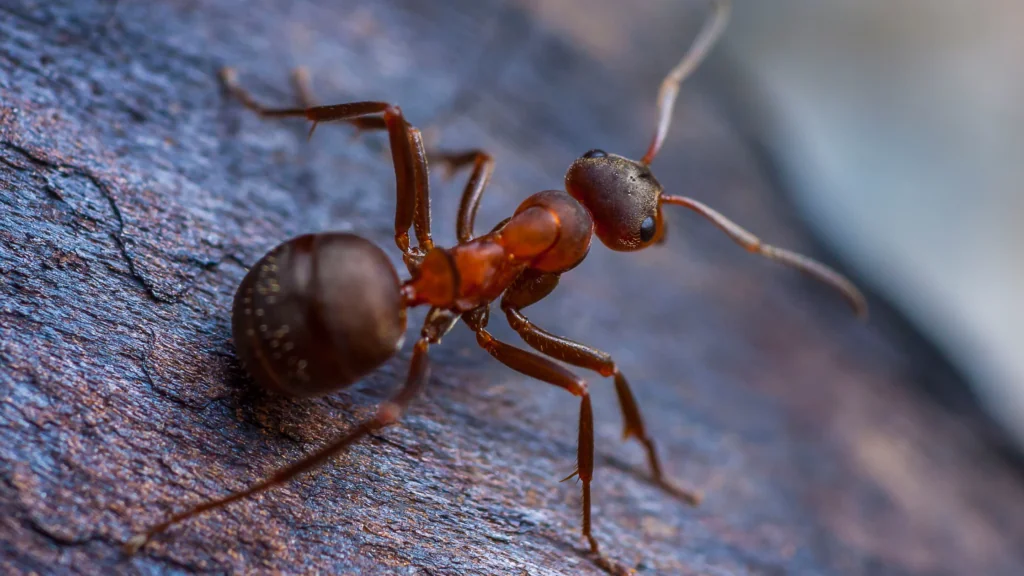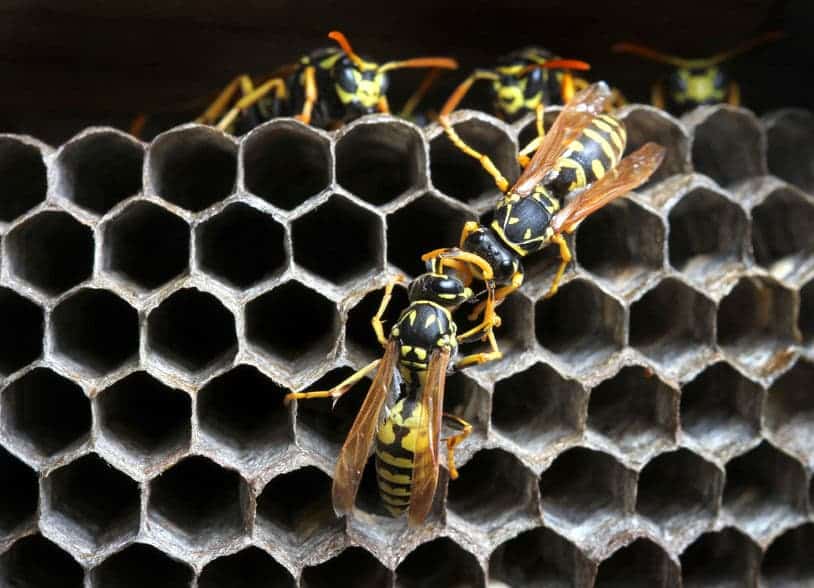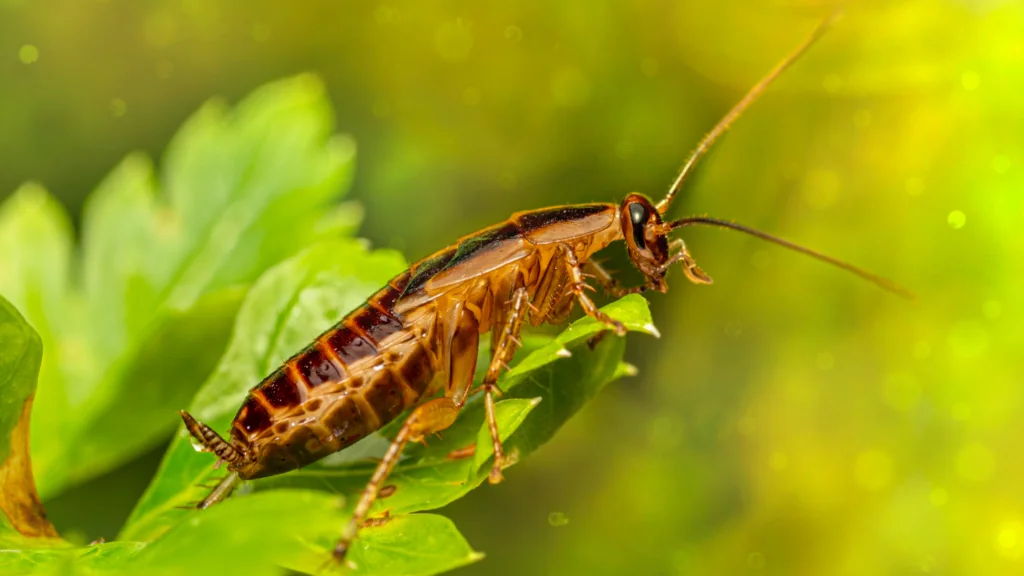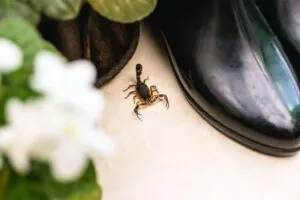
Scorpions are arachnids with pincers which resemble claws and a tail that comes equipped with a stinger. Generally, scorpions will first use their pincers to catch their prey. Next, they will use their stinger to inject venom, which targets the central nervous system, into their prey. Scorpions will eat most insects and arachnids, even eating other scorpions from time to time. Scorpions typically only feed at night and will seek shelter during the day.
If scorpions have found their way into your home, they will hide in places that may startle you. For example, scorpions have been known to hide under the sheets of beds, in shoes, in drawers, and other locations that you would not want to have scorpions. In newly constructed houses, it is not uncommon to find scorpions in the attic or crawl space. They will also hide under natural materials outdoors, such as bark, fallen trees, piles of leaves, or rocks. The lifecycle of various species of scorpions can span three to five years.
In Florida, the most common species of scorpion that you will run into are the Florida Bark Scorpion, Hentz Striped Scorpion, and Guiana Striped Scorpion.
Florida Bark Scorpion
The Florida Bark Scorpion, formally referred to as Centruroides gracilis, is one of the most common species of scorpion. Variations of the Florida bark scorpion exist in other parts of the world, where it may be called by a different name such as the brown bark scorpion or slender brown scorpion. While the venom of a Florida bark scorpion is undoubtedly painful, the good news is that they are less potent than variations of the species found in Central or South America.
Florida bark scorpions are the largest of the prominent species in Florida. They can grow to be up to four inches, though they can be anywhere between two and four inches in general. They are brown with small yellow dashes on their backs and can be found throughout the state.
Hentz Striped Scorpion
The Hentz Striped Scorpion, or Centruroides hentzi, is believed to be the most commonly encountered scorpion throughout the United States. This species of scorpion is a bit smaller than the Florida bark scorpion, ranging only from two to two and a half inches in size. The Hentz striped scorpion is dark brown with yellow-green stripes running across the width of their abdomens. Some will also have darker stripes running across the length of their bodies.
Contact us for a pest-free home!
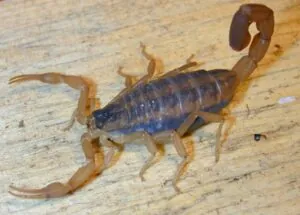
Guiana Striped Scorpion
Unlike Hentz and Bark scorpions, the Guiana striped scorpion is not typically found throughout the state of Florida. Rather, this species makes its home in the southernmost region of Florida in the hottest, most humid areas the state has to offer, especially Collier, Miami-Dade, and Monroe counties. They are also common outside of Florida in Cuba, the Bahamas, and the Caribbean. Guiana striped scorpions, formally referred to as Centruroides guanensis, can be between one and a half and three inches long. They are predominately yellow in color with a brown back and two dark stripes which run lengthwise across their bodies.
If Stung by a Scorpion
The Florida Bark Scorpion, Hentz Striped Scorpion, and Guiana Striped Scorpion have similarities in behavior and appearance, with the most important commonality being that Florida scorpions are very rarely fatal. That said, being stung by a scorpion is no walk in the park.
Part of what can make the sting of a scorpion exceptionally painful is that essentially, the venom both activates pain signals in your brain and allows for additional pain signals to be communicated from your brain. If stung by a scorpion, you may experience numbness, tingling, and swelling at the injection site. It may also feel hot to the touch in addition to the pain associated with scorpion stings.
While healthy adults are generally not at much risk after being stung by a scorpion, children are at a higher risk of an elevated negative reaction because they are smaller. If a child is stung by a scorpion, it is recommended to get immediate medical care for them even if they have not begun exhibiting concerning symptoms. Similarly, if an elderly person is stung, they should also receive medical attention as soon as possible to check that their nervous system is handling the venom successfully. If you are stung by a scorpion and have difficulty breathing, experience muscle spasms, feel nauseous, or any other concerning side effects, you should seek medical attention immediately. It is possible to experience an allergic reaction to scorpion venom, especially if you are allergic to other stings such as from bees or wasps.
This information is quite daunting, but the good news is that scorpions are not classified as an aggressive species. They typically only sting when provoked or trapped against skin.
If you have an infestation of scorpions or are interested in pest prevention, give us a call at (800) 225-5305 or read more about our pest control services.
This blog was written using sources from the University of Georgia IFAS, University of Florida IFAS, the Mayo Clinic, and feedback from our in-house entomologists.

